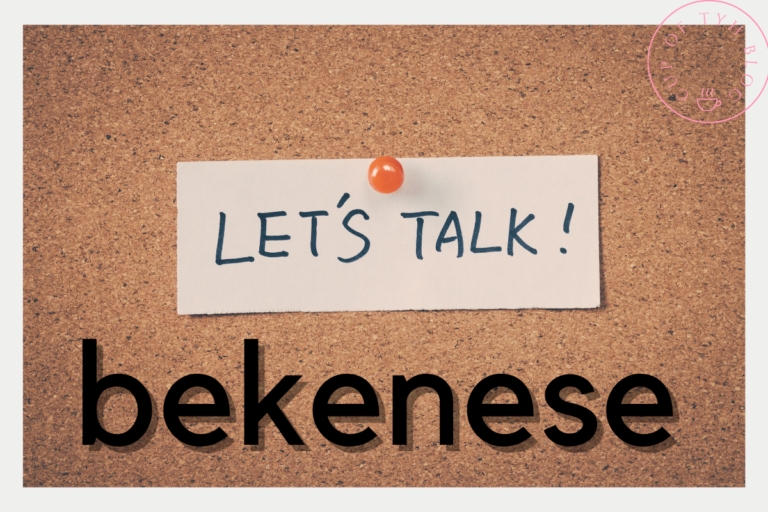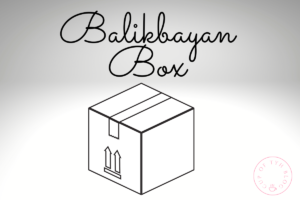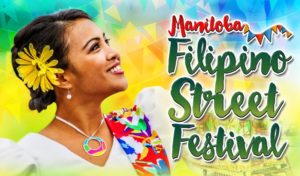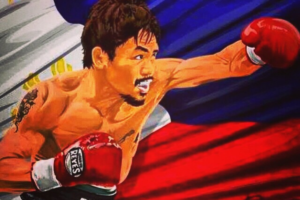Philippines has about 120 to 175 languages, including Filipino and English which are considered to be the country’s official languages, but aside from these 2 languages, it is very common now to a lot of Filipinos everyday conversations to use the “beki” lingo, beki is a colloquial word for gay. Beki lingo, gay-cabulary, bekinese, bekimon or whatever it is called is already ubiquitous in the Philippines, in fact, it is no longer an exclusive tool of communication for homosexual community only, every Juan and Nena in the Philippines are natural speakers of beki language and are well-versed with gay-cabulary.
The commonness of using beki words is truly infectious and is becoming the new craze, even Filipinos abroad are also using the language (whether intentionally and unconsciously.) Ordinary citizens, celebrities and even politicians are now speaking the language that we once thought a hard to break “gay” code of communication. A few weeks ago, the presidential spokesperson – Edwin Lacierda used “charot,” gay lingo for joke in one of his statements. Even the online world has been intercepted by this craze, going viral in the social media in the past few weeks is a video of a son and his foreigner dad going around the metropolis speaking in beki lingo to Filipinos they encounter in the mall, barber shop or even in the public utility vehicles….
Watch this video – listen to their conversation and see kung knowslift n’yo ba ‘ung iniispluk nila!
I find the language fascinating. And I personally believe that these people who came up with word these words that is continuously being added to the gay-cabulary are smart. Beki words are word inventions that requires with and creativity. There is no formula in coming up with these words, sometimes you would think that these are products of a spur of the moment word inventions just to find a term to be used in place of something that one may forgot how it is called – this is where chur, chenes, ek-ek or anek may have come from.
On the other hand, words like anetch, itech/itey, waley, valur, chaka, heller, kalurkey, jowa or junakis are words that were formed by twisting or playing with the word or by altering a basic Filipino or English word.
But my favorite bekinese is the use of a name of a popular celebrity/personality in describing a situation or one’s feeling, it’s amazing how a person’s full name can be associated in a random conversation. My friends and even my children understand me whenever I say, “Tom Jones na ako!”
It seems that everyday, there is a new term that is being added to gay-cabulary, I am not sure where we can attribute this – maybe from the entertainment magazine that we read, from showbiz-oriented talk shows that we watch, from the stand-up comedy bars that we patronize or from our gay stylists that we visit in our favorite salon. Whether in the Philippines or abroad, when surrounded with a Filipino community, a day will not pass by without you uttering or hearing even a single beki word. Like what I said, when conversing, it is not just Tagalog and English that is commonly used by Filipinos, beki lingo is now considered as an “undeclared official” lingo and I won’t be surprised if it becomes a language of it’s own as it doesn’t seem to show any sign of fading. This is why I suggest that maybe we should start learning it, I have started my own bekenese dictionary, you may want to keep a copy of this, so the next time you bumped into someone and start talking to you in bekenese “at least knowslift mo na and ini-ispluk nila!”
But before you proceed, let me remind you that the translation written for the following words are based on how I learned or understood them:
48 years – sobrang tagal (after a long time)
anetch – ano (what/which)
anaconda – ahas, traydor (snake, traitor)
anda / anju / Anjo Yllaña – pera (money)
antibiotic — antipatika (bitch)
award – pinagsabihan (reprimanded)
balur – bahay (house)
Bitter Ocampo – malungkot (sad), nagngingitngit (bitter)
Carmi Martin – karma
Chanda Romero – tiyan (tummy)
chandelier / thundercats / majonda – matanda (old)
crayola – iyak (cry)
emote – umarte (over acting)
Enter the Dragon – pasok (enter, come in)
feel / Fillet o’ Fish – gusto (like)
fly – alis (leave)
forever – palagi (always) / mabagal (slow)
jowa – nobyo/nobya, karelasyon (bf/gf, partner)
hanash – ganap (event)
ispluk – sinabi (uttered)
kalorkey – kaloka (crazy)
lafang – kain (eat)
jubis – mataba (fat)
Julie Andrew – mahuli (caught)
Liberty – libre (free)
Lucita Soriano — talunan (loser and sorry at the same time)
Luz Valdez – talo/matalo (to lose)
Mahalia Jackson – mahal (expensive)
Morayta / Murriah Carrey – mura (cheap)
Mudra – nanay (mother)
Pagoda Cold Wave Lotion – pagod (tired)
Pudra – tatay (father)
Purita Kalaw – walang pera (broke)
Rica Peralejo – mayaman (rich)
Teh – ate (sister)
Tom Jones – gutom (hungry)
waley – wala / laos (none, corny)












